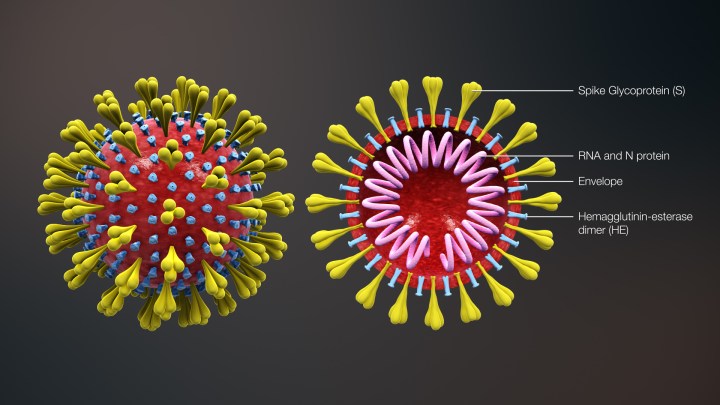CORONAVIRUS
‘If it comes here, it’s game over’ – Reflections on Covid-19 in a Stellenbosch township

As I drive into Kayamandi on a Saturday afternoon, life doesn’t seem very different than usual. The tshisa nyamas are still active, people are still streaming from the taxis on their way home, and kids play in the street. For a moment it was comforting to think that as the middle classes are panic buying toilet paper, life outside of those privileged circles seems to be going on as normal. But soon comfort gave way to concern as I imagined what Kayamandi and other townships in South Africa would look like in a few weeks time.
I stop by my friend Vusi Mokoena’s house, a modest one-bedroom unit (Vusi is one of the few “lucky” enough in Kayamandi to have a brick house) who has agreed to take me around the township to interview locals about Covid-19. I have brought him a pie. He thanks me and proceeds to knock on his neighbour’s door. Half the pie is handed over. Ubuntu is very much alive, I think, as I scoff down my own pie before anyone notices.
“People in Kayamandi share everything,” Vusi tells me, expressing concern that this community, where no self is bigger than the other, is incredibly vulnerable to the coronavirus. Social distancing is definitely not being practised, nor is it an option. As we walk through the streets, I notice people jokingly touching elbows and I hear the occasional mention of “corona”. The news has arrived, but life has not changed. “It’s a white man’s disease,” I’m told by one resident.
Most people we spoke to had received their information from television and radio. Some had been briefed at work. Entrepreneurs such as Bongiwe Ngungani, who runs a tshisa nyama, are making sure that their customers sanitize their hands before and after meals. Upon entering a shebeen, we were approached by a sanitizer-wielding bouncer. Apart from the few government posters on the walls of this shebeen, I could find little evidence of government intervention. This may, and should, change in the lead-up to the lockdown.
There is no doubt among residents that the virus will spread rapidly in the townships. As Vusi tells me, “if it touches down here, or in any township, it’s game over”. In areas such as these the health system is already overburdened and day-clinics are filled to the brim with patients. Unless public hospitals and clinics receive immediate and extensive support, it is unlikely they will be able to deal with an outbreak.
Life in the townships, it seems, was not built to prepare for such a contagious disease. Public toilets and sinks are shared between hundreds of residents. Shacks, home to large families, are cramped together and running water is hard to come by. I worry about the long-lasting effects. Inevitably, Covid-19 will become a “poor man’s disease” and as life in privileged circles returns to normal, townships and rural areas will still be battling to fight it.
But despite the concern of residents, few are able to admit that they are scared. This is one of many “national disasters”, Buhle Mnyaka tells me as she washes her clothes in a public sink, “and nothing came of the others”. Some residents believe that people in Africa have built up immunity, given all the other diseases we have “survived”. Perhaps fear is just not an option for those South Africans who’s biggest concern is the source of their next meal.
If we are to make the fight against Covid-19 one for all South Africans, extensive education and distribution of information is crucial. In the process, structural reform and economic stimulus cannot be forgotten. This is an opportunity to remember the hardships that (most of) our people endure on a daily basis. The virus will hit the worst and longest in the townships and rural areas. People will lose their jobs and their homes. We are at the start of a moment in history that can be revolutionary. How we act now will determine the outcome. MC
"Information pertaining to Covid-19, vaccines, how to control the spread of the virus and potential treatments is ever-changing. Under the South African Disaster Management Act Regulation 11(5)(c) it is prohibited to publish information through any medium with the intention to deceive people on government measures to address COVID-19. We are therefore disabling the comment section on this article in order to protect both the commenting member and ourselves from potential liability. Should you have additional information that you think we should know, please email [email protected]"






 Become an Insider
Become an Insider